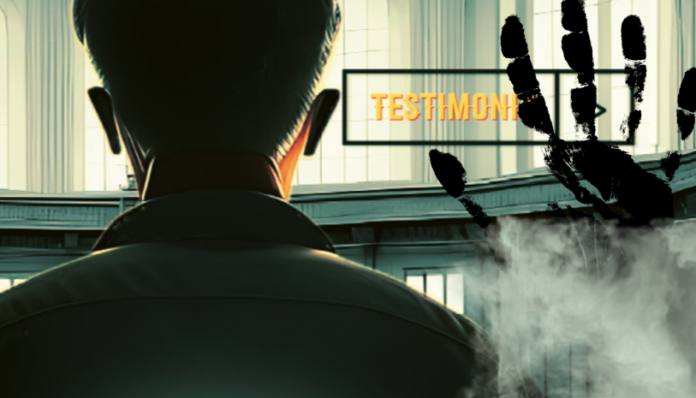
Georgia Conspiracy, by Cuban poet and writer Ángel Osiris Milián González, gathers, in the form of a diary, through 35 harrowing chapters, the testimony of a farm laborer victim of police abuse and corruption in the spring of 2007, in the southern town of Lyons. Victim of a kind of implausible plot —because of its absurdity— that mixes racism, inhumanity and unlimited clumsiness, a type of crime that many readers would believe extinct in the United States of the 21st century. As the author testifies, here those in charge of enforcing the law are busy violating it. And to top it off, rudely.
This is a testimony, by the way, very easy to verify. It is enough to read the transcript of the oral trial. Or to know that none of those involved in the arrest of the farm worker, Angel Osiris himself, attended the trial. Neither the police officer who arrests him, Officer Mario Moser, nor the young African-American who allegedly sells him drugs, nor the undercover agents who search the car of the victim-turned-defendant (who, by the way, is denied the right to witness the search). Magically, Angel Osiris learns that in his vehicle, according to the police, a piece of crack «the size of a child’s tooth» has been found. From this moment on, a long ridiculous process is unleashed that, with state officials as scriptwriters and the town of Lyons as a stage, defies the most impetuous imagination.
Another incredible fact is that in the trial, police inspector Robert Shore is credited with the arrest of Angel Osiris Milián. When, as Milián himself emphasizes on several occasions, it is agent Mario Moser who arrests him, and in the presence of dozens of onlookers who soon, in this town of few inhabitants, take it upon themselves to let everyone know. Undoubtedly, when during the trial Milián claims not to know Shore, a functional judge must have suspected that he was telling the truth, because, just by having Moser appear, Milián’s testimony would be proven or reduced to dust.
A curious detail is that Judge Kathy S. Palmer intervenes only twice in the course of the trial. The first time, to inform the defendant that he has the right not to testify. The second time, to interrupt his testimony at a key moment, forcing him to remain silent. Another detail, if any more were needed, that suggests that there is a plot to convict Angel Osiris beforehand.
Strangely, public defender Mark B Berbeman, the defendant’s first assigned counsel, is transferred from Lyons with little or no familiarity with the case. His place is taken by Gabe Cliett, a public defender remarkably incapable of asserting common sense in the context of a circus-like legal proceeding. Convinced that the defendant will never accept a plea, Cliett goes to great lengths to try to keep Angel Osiris from testifying. But to no avail. So during the trial, with Palmer’s help, he takes it upon himself to interrupt his supposed defendant, and at the end of the event he hands over his turn to prosecutor Howard so that he can close comfortably.
There is no need to continue pointing out legal inconsistencies and absurdities in this prologue; the reader will be able to soak them up during the reading of the book. What is most striking in this case is not the circus itself, but the outrageous clumsiness with which the state officials pull it off. Everything suggests that from the beginning they expected the defendant to leave Georgia and the case not to go to trial. Apparently, having arrested a farm worker who was not fluent in English, they thought they were incarcerating some sort of savage who would act on the county’s experience with previous immigrants. It turns out, however, that they arrested an intellectual: a teacher, writer and poet. And on top of that, an opponent of a dictatorship that, like Fidel Castro’s in Cuba, uses the State against its citizens. In other words, they arrested a man accustomed to fighting injustice. Everything was always meticulously out of his calculations.
On March 13, 2008, the court sentenced Angel Osiris Milián González after a trial less credible than a Martian invasion. A sad day for legality in the United States. Let us hope that after the appearance of this book, its author will be heard and justice will finally be done.